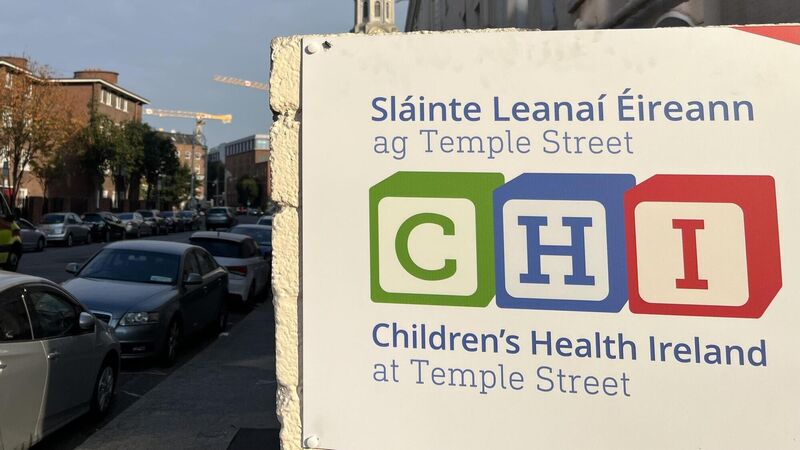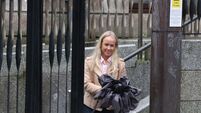Temple Street scandal: how non-medical springs were implanted in children with scoliosis

A CHI principal clinical engineering technician was copied in the emails but does not seem to have questioned how the springs would be used. Picture: Sasko Lazarov
In November 2018 an Irish spinal surgeon travelled to Portugal for a conference featuring some of the world’s top scoliosis researchers.
What he heard there ultimately led to a metal spring disintegrating inside Luke Ryan, now 8, and similar surgery on two other children.














